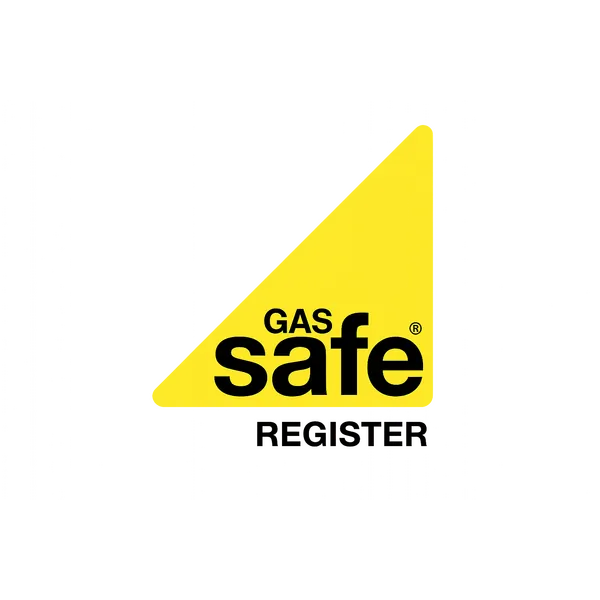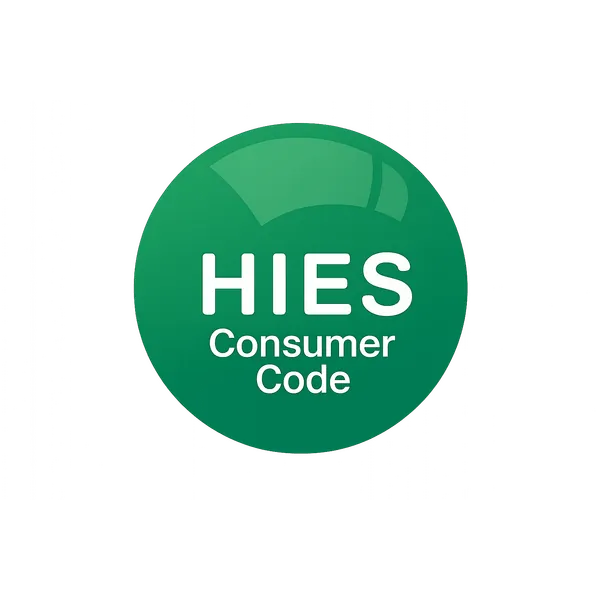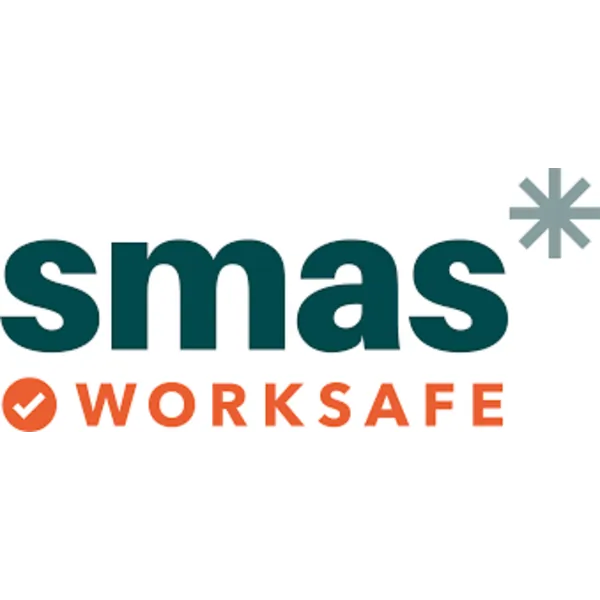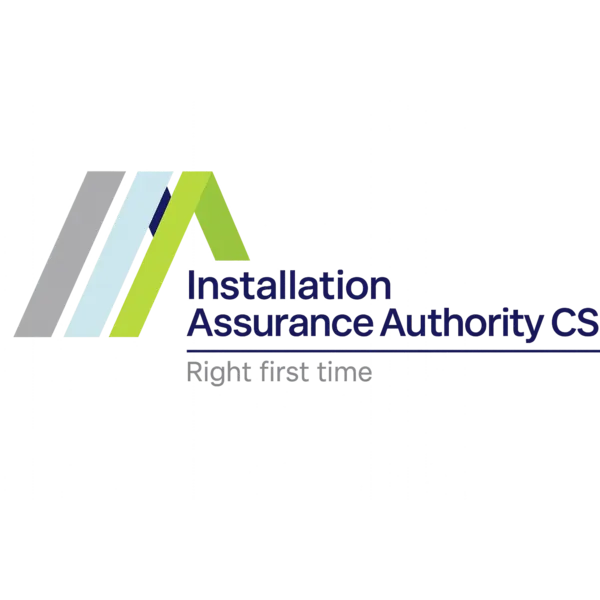Meeting Government Energy Efficiency Targets in Social Housing
Social housing landlords across the UK face an unprecedented challenge: meeting ambitious government energy efficiency targets while maintaining affordable housing and ensuring tenant comfort. With the 2030 deadline for Energy Performance Certificate (EPC) C ratings fast approaching and the Social Housing Decarbonisation Fund providing crucial support, understanding the compliance landscape has never been more critical.
This comprehensive guide explores the regulatory framework, available funding opportunities, practical implementation strategies, and how specialist support services can help social housing providers navigate this complex transition successfully.
Understanding the EPC C by 2030 Mandate
What is EPC C?
The Energy Performance Certificate (EPC) rating system classifies properties from A (most efficient) to G (least efficient). Achieving an EPC C rating means your property meets specific energy efficiency standards, typically requiring improvements to insulation, heating systems, and overall energy performance.
The 2030 Deadline
Government regulations mandate that all social housing properties in England must achieve a minimum EPC C rating by 2030. This represents a significant undertaking for landlords managing large portfolios, particularly those with older housing stock that may currently have D, E, or even lower ratings.
Why EPC C Matters
Beyond regulatory compliance, achieving EPC C ratings delivers substantial benefits:
- Reduced energy bills for tenants, helping combat fuel poverty
- Improved comfort through better insulation and heating
- Lower carbon emissions supporting national net-zero targets
- Enhanced property value and reduced maintenance costs
- Future-proofing against increasingly stringent regulations
The Social Housing Decarbonisation Fund (SHDF)
Overview and Objectives
The Social Housing Decarbonisation Fund is a £3.8 billion government initiative running from 2022 to 2035, designed specifically to help social housing providers improve the energy efficiency of their properties. The fund supports the installation of energy efficiency measures and low-carbon heating systems in social housing properties below EPC C.
Funding Waves and Eligibility
The SHDF operates through competitive funding waves, with Wave 2.1 currently active and further waves planned. Eligibility typically requires:
- Properties currently below EPC C rating
- Clear demonstration of value for money
- Robust delivery plans and project management
- Commitment to meeting minimum energy efficiency standards
- Focus on fuel-poor households where possible
Available Measures
SHDF funding can support a wide range of energy efficiency improvements, including:
- Insulation upgrades (cavity wall, loft, solid wall insulation)
- Heating system improvements (heat pumps, modern boilers)
- Renewable energy installations (solar panels, solar thermal)
- Window and door replacements
- Ventilation and air quality improvements
Compliance Strategies for Social Housing Landlords
Portfolio Assessment and Prioritisation
The first step in any compliance strategy involves comprehensive portfolio assessment:
- EPC Audits: Conduct current EPC assessments across all properties
- Risk Analysis: Identify properties most at risk of non-compliance
- Cost-Benefit Analysis: Prioritise improvements based on cost, impact, and tenant benefit
- Phased Implementation: Develop realistic timelines for achieving targets
Technical Solutions and Implementation
Successful compliance requires a strategic approach to property improvements:
Building Fabric Improvements
- External wall insulation for solid wall properties
- Cavity wall insulation where appropriate
- Loft insulation upgrades to current standards
- Floor insulation improvements
- Draught-proofing and air tightness measures
Heating and Hot Water Systems
- Replacement of inefficient boilers with condensing models
- Installation of heat pumps where suitable
- Smart heating controls and thermostatic radiator valves
- Hot water cylinder insulation upgrades
Renewable Energy Integration
- Solar PV installations to reduce electricity costs
- Solar thermal systems for hot water
- Air source heat pumps for space heating
- Consideration of district heating where feasible
Tenant Engagement and Communication
Successful implementation requires effective tenant engagement:
- Clear communication about improvement works and benefits
- Minimising disruption through careful planning
- Energy advice and support to maximise savings
- Feedback mechanisms to address concerns promptly
Measurement and Verification
Performance Monitoring
Robust measurement and verification processes ensure that energy efficiency improvements deliver expected outcomes:
- Pre- and post-installation EPC assessments
- Energy consumption monitoring
- Tenant satisfaction surveys
- Carbon emission calculations
- Cost savings analysis
Data Management and Reporting
Effective compliance requires systematic data management:
- Centralised EPC database for portfolio tracking
- Automated compliance reporting
- Performance dashboards for management oversight
- Regulatory submission preparation
- Funding application support
How CRG Direct Supports Social Housing Landlords
At CRG Direct, we understand the unique challenges facing social housing providers in meeting energy efficiency targets. Our comprehensive support services include:
Strategic Compliance Planning
We work with landlords to develop tailored compliance strategies that consider:
- Portfolio-specific challenges and opportunities
- Funding application support and optimisation
- Risk management and contingency planning
- Stakeholder engagement frameworks
- Long-term sustainability planning
Technical Implementation Support
Our technical expertise ensures successful project delivery:
- Energy assessment and EPC optimisation
- Technical specification development
- Contractor management and quality assurance
- Installation oversight and compliance checking
- Post-installation performance verification
Funding and Financial Management
We help maximise available funding opportunities:
- SHDF application preparation and submission
- Funding stream optimisation
- Cost-benefit analysis and value for money assessment
- Financial planning and budget management
- Grant compliance and reporting
Ongoing Performance Management
Our support extends beyond initial implementation:
- Performance monitoring and reporting
- Compliance tracking and alert systems
- Tenant engagement programme development
- Continuous improvement planning
- Regulatory change management
The Path Forward: Beyond 2030
While the 2030 EPC C target represents a significant milestone, the journey toward net-zero continues. Forward-thinking social housing providers are already planning for:
- EPC B targets expected post-2030
- Net-zero carbon readiness
- Climate resilience and adaptation
- Digitalisation and smart home integration
- Circular economy principles in property management
Conclusion: Turning Challenge into Opportunity
Meeting government energy efficiency targets represents both a compliance challenge and a strategic opportunity for social housing providers. By embracing this transition proactively, landlords can:
- Improve tenant wellbeing through warmer, healthier homes
- Reduce operational costs through energy efficiency
- Enhance property value and sustainability credentials
- Contribute to national climate goals
- Future-proof housing stock against rising energy costs and regulations
The path to compliance requires careful planning, strategic investment, and expert support. With the right approach and partnerships, social housing providers can not only meet their 2030 obligations but create lasting benefits for tenants, communities, and the environment.
Ready to develop your compliance strategy? Contact CRG Direct today to discuss how we can support your journey to EPC C compliance and beyond.















